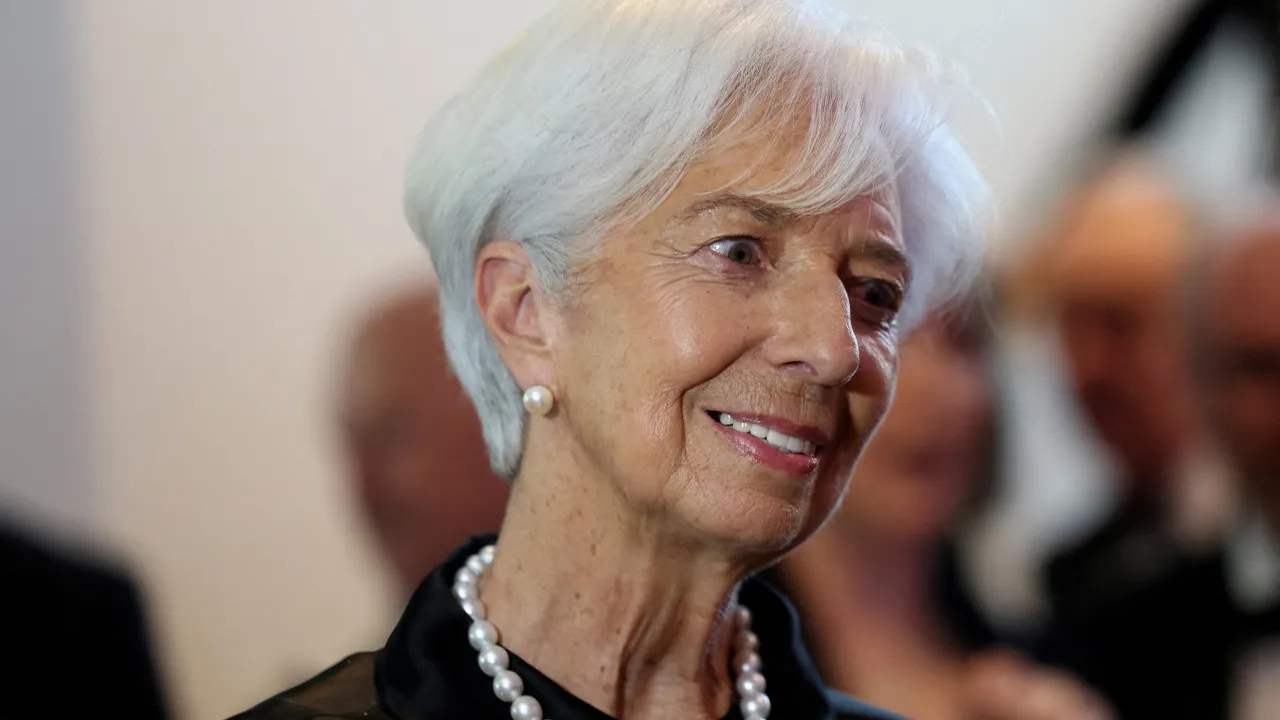
At a presentation in Sintra, during the ECB Forum running until Wednesday, Lagarde conveyed that in this new environment there are “many reasons for concern, but one thing not to fear is the [ECB’s] commitment to price stability.”
In this review, the ECB decided to maintain its inflation target at 2%, considering that “the Harmonised Index of Consumer Prices (HICP) remains the appropriate measure of prices.”
However, the statement on this review highlights the necessity of including owner-occupied housing costs in inflation calculation, something the European statistics office has not yet implemented, but governors take into account.
The ECB also noted the “importance of taking suitably forceful or persistent monetary policy actions in response to sustained deviations from the inflation target, in either direction, to prevent deviations from becoming entrenched via a de-anchoring of inflation expectations.”
This consideration applies to significant disinflationary shocks, where “it is necessary to consider the effective lower bound on nominal interest rates,” as well as inflationary shocks, when “potential non-linearities in price and wage setting must be considered.”
Lagarde stated these updates “ensure the ‘toolbox’ remains appropriate,” considering that “structural changes suggest that the environment will remain uncertain and more volatile.”




